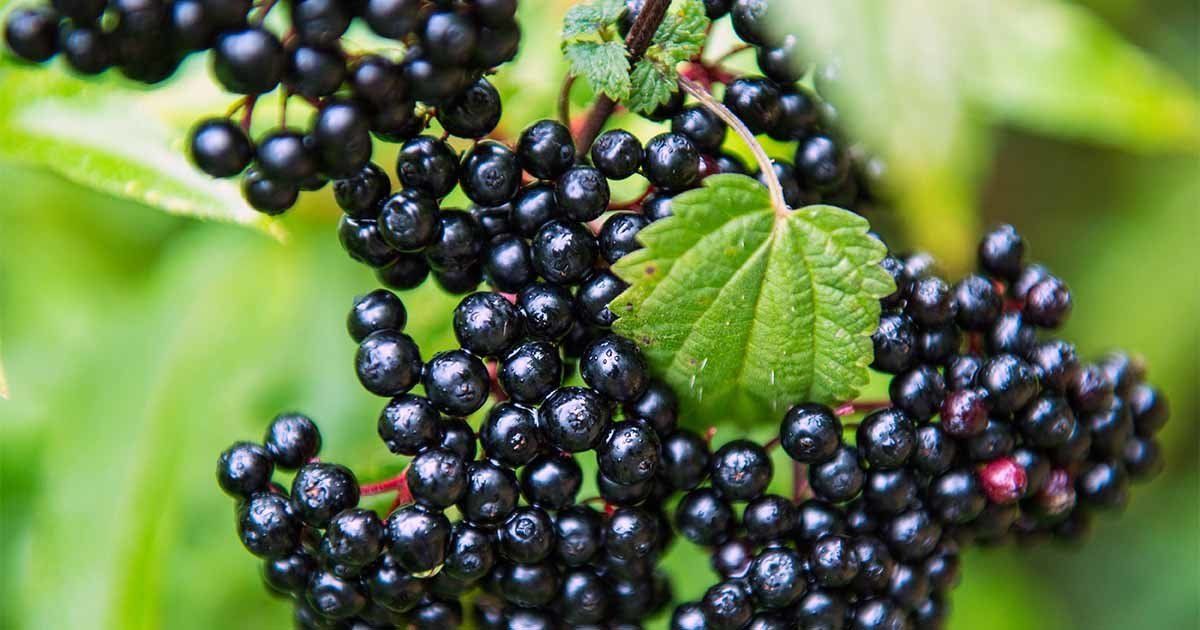Learn
Welcome to our Blog
Welcome to our Blog
Thanks for taking the time to read our blog articles!

By Evelyn Tiralongo et al.
•
13 Jun, 2020
Intercontinental air travel can be stressful, especially for respiratory health. Elderberries have been used traditionally, and in some observational and clinical studies, as supportive agents against the common cold and influenza. This randomized, double-blind placebo-controlled clinical trial of 312 economy class passengers travelling from Australia to an overseas destination aimed to investigate if a standardised membrane filtered elderberry (Sambucus nigra L.) extract has beneficial effects on physical, especially respiratory, and mental health. Cold episodes, cold duration and symptoms were noted in a daily diary and assessed using the Jackson score. Participants also completed three surveys containing questions regarding upper respiratory symptoms (WURSS-21) and quality of life (SF-12) at baseline, just before travel and at 4-days after travel. Most cold episodes occurred in the placebo group (17 vs. 12), however the difference was not significant (p = 0.4). Placebo group participants had a significantly longer duration of cold episode days (117 vs. 57, p = 0.02) and the average symptom score over these days was also significantly higher (583 vs. 247, p = 0.05). These data suggest a significant reduction of cold duration and severity in air travelers. More research is warranted to confirm this effect and to evaluate elderberry’s physical and mental health benefits. References: Nutrients 2016, 8(4), 182; https://doi.org/10.3390/nu8040182

By Lone Holt et al.
•
13 Jun, 2020
This review evaluated the safety of echinacea and elderberry in pregnancy. Both herbs are commonly used to prevent or treat upper respiratory tract infections (URTIs) and surveys have shown that they are also used by pregnant women. The results from the human and animal studies of Echinacea sp. are not sufficient to conclude on the safety in pregnancy . The prospective, controlled study in humans found no increase in risk of major malformations. The efficacy of Echinacea sp. is dubious based on the identified studies. Over 2000 persons were given the treatment, but equal amounts of studies of good quality found positive and negative results. All three clinical trials of Elderberry concluded that it is effective against influenza, but only 77 persons were given the treatment. D ue to lack of evidence of efficacy and safety, health care personnel should not advice pregnant women to use echinacea or elderberry against upper respiratory tract infection. Sources: Holst L, Havnen GC, Nordeng H (2014) Echinacea and elderberry—should they be used against upper respiratory tract infections during pregnancy? Front Pharmacol 5:31. https://www.frontiersin.org/articles/10.3389/fphar.2014.00031/full#h1




